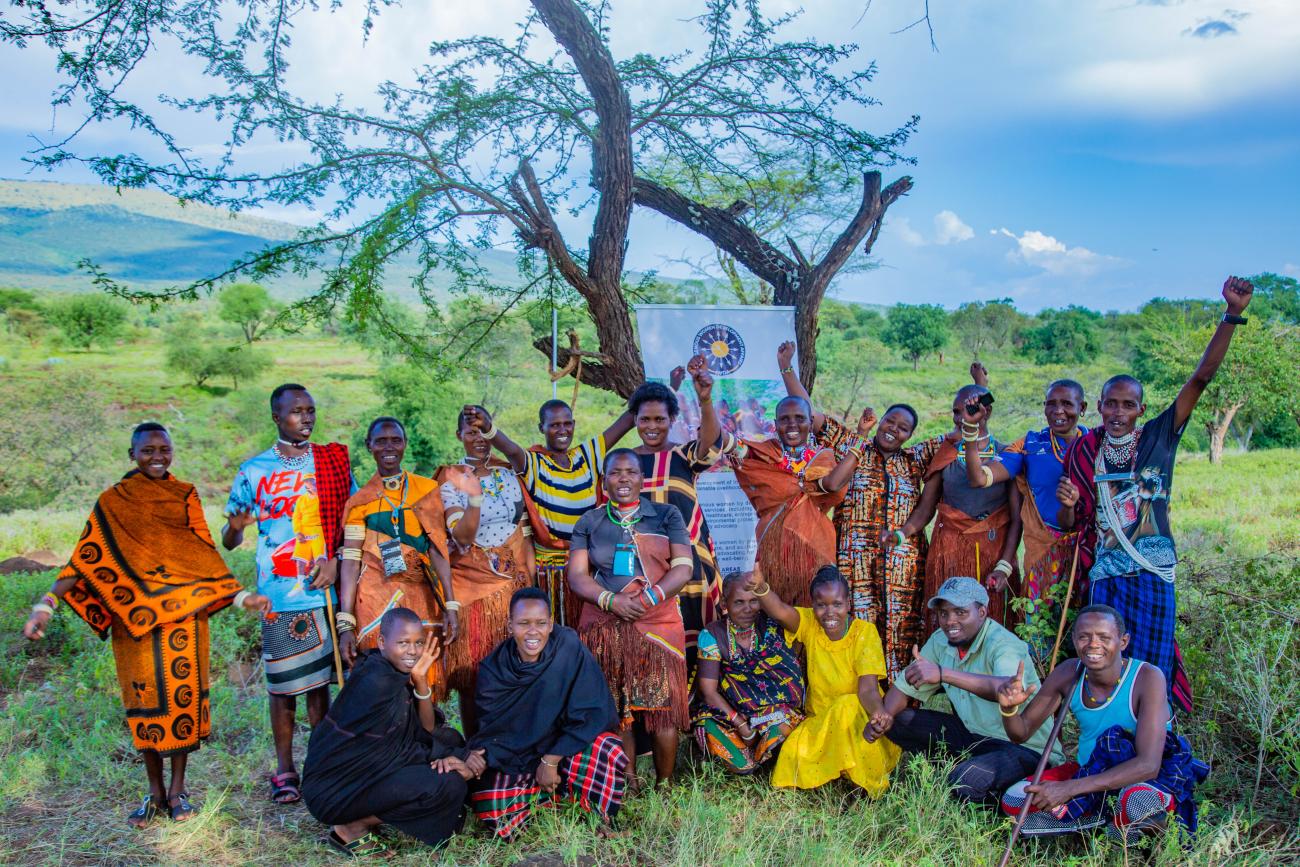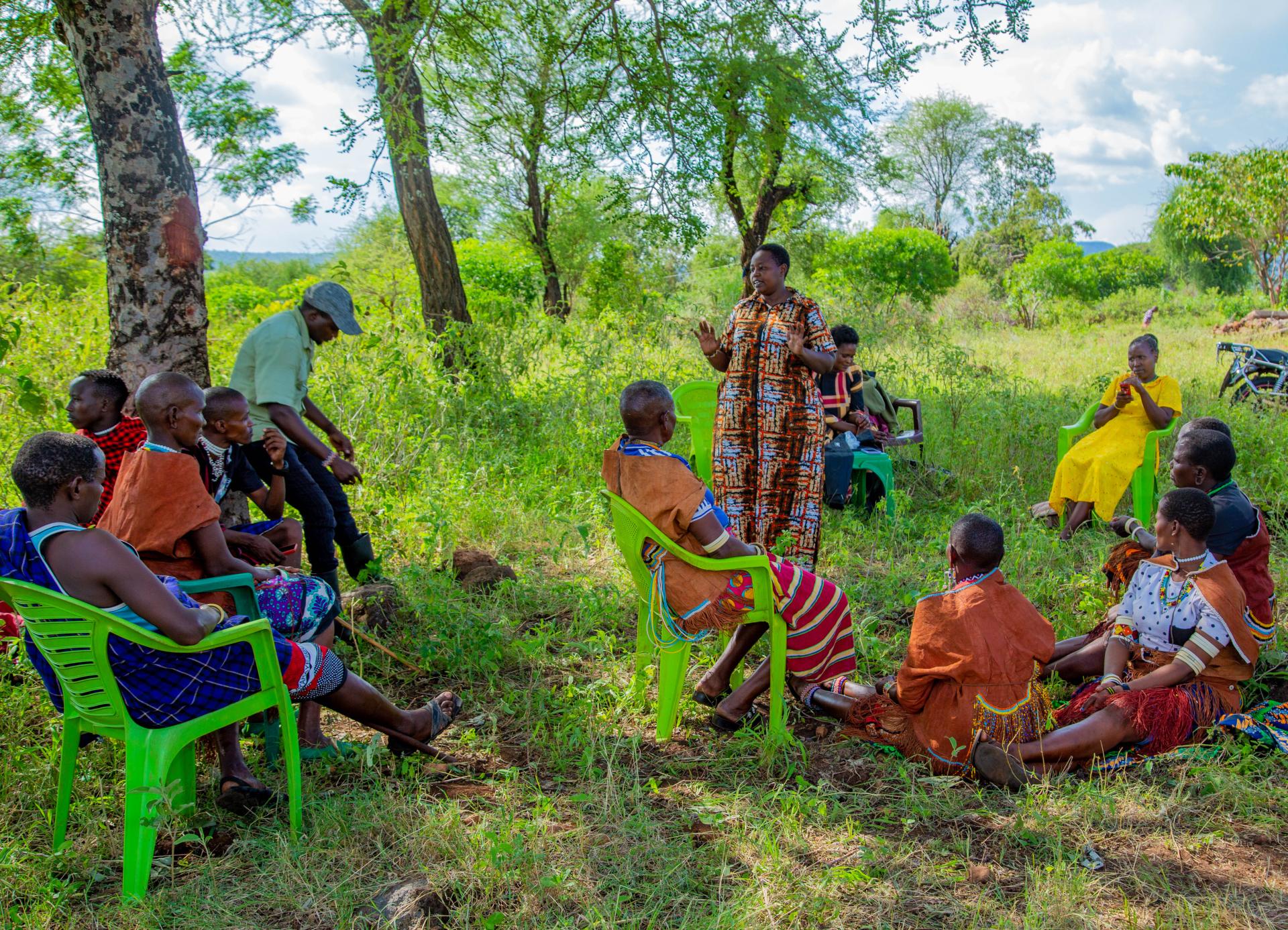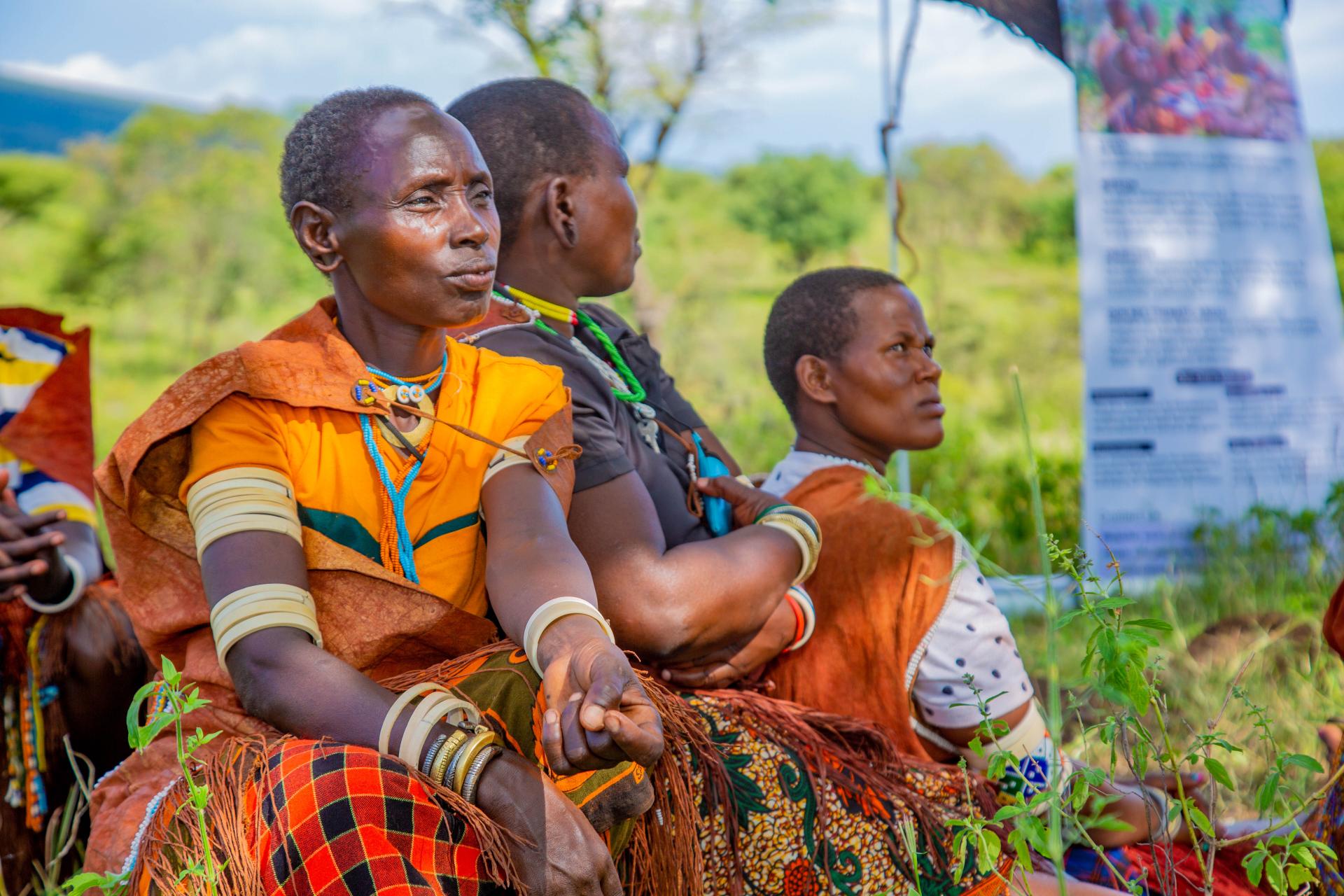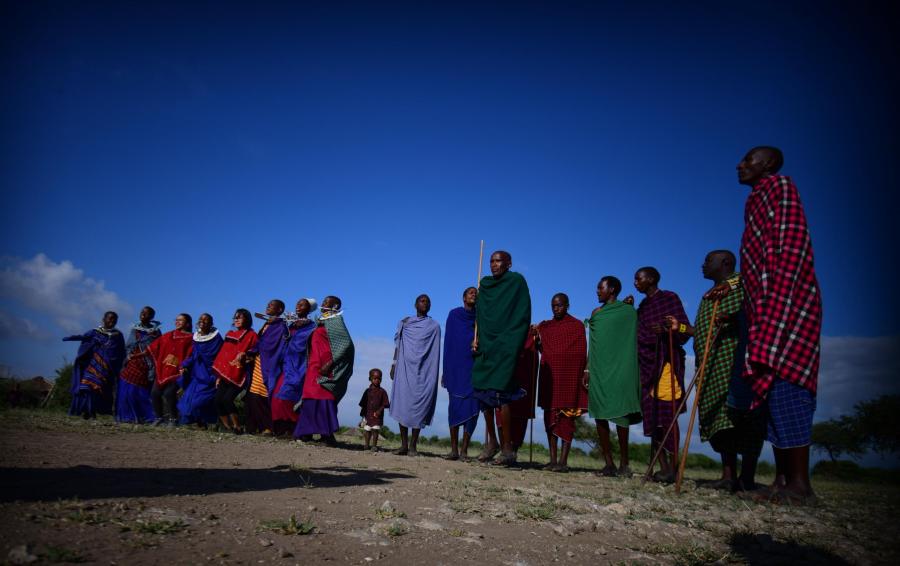
By Nailejileji Asia Tipap, Executive Director IWDA
The Indigenous Women Development Affairs (IWDA), with funding from Cultural Survival, has been transforming the lives of Indigenous women and youth through the "Engishon Project." The initiative, which focuses on media engagement, community dialogue, and traditional storytelling, aims to amplify the voices of Indigenous communities, particularly women and youth, in preserving their cultural heritage and protecting the environment. The project has been carried out in Maasai, Akiye, Barabaig, and Hadzabe communities in Tanzania.
The project was designed to address systemic challenges faced by Indigenous women in Tanzania, such as limited access to education, gender-based violence, and exclusion from decision-making processes. Through seminars and community interviews, the project successfully documented Indigenous women’s knowledge on climate resilience and cultural practices, broadcasting this information via community radio stations including Loliondo FM. The project also produced a documentary featuring traditional healers and Elders from the Loliondo division, showcasing the vital role of Indigenous women in biodiversity conservation.

A significant achievement of the project was the establishment and registration of two community groups in Oldoinyowas, one for women and one for youth. These groups serve as platforms for cultural exchange, income generation, and the transmission of knowledge between generations. According to one woman from Oldoinyosambu Jema who was displaced from her ancestral land in the Ngorongoro Conservation Area, the project has restored a sense of humanity and dignity. "Today, we feel like we are humans. Since we relocated from our ancestral land in Ngorongoro conservation area, which carried our history, culture and dignity, to this area of Oldoinyosambu, no one has valued our dignity. IWDA is the first organization to visit us, to value us and see us as fellow humans. Please keep coming, and remember us as you go. We thank you, IWDA, for visiting us."
The project has had a profound impact on participants' self-confidence, empowering women and youth to speak at community gatherings and express their views. Nooseuri Lupa highlighted the cultural link to environmental issues: "Climate change is caused not only by the weather change, but even the erosion of culture and ignorance of people for not respecting sacred sites," she said. Another community member, Sangau Naimondu, questioned the motives of outsiders. "Why do lenders and investors come to places where we have conserved? Why? And claim to ‘reconserve’ them. Forest to us is not a collection of trees; rather, it is a place we get a lot of our heritage."

The project has also elevated IWDA's role on a national and international level. Representatives from the organization presented their findings on Indigenous knowledge and sacred sites at the 47th Session of the World Heritage Committee in Paris. This engagement, supported by the UN Voluntary Fund for Indigenous Peoples, underscored the importance of Free, Prior and Informed Consent in conservation efforts. IWDA’s project has strengthened the organization’s institutional capacity, enabling them to purchase two computers for improved data management and documentation. Above all, it has set a new standard for women-led, community-driven development that is culturally grounded and sustainable.
In 2024, IWDA received a grant from Cultural Survival’s Indigenous Community Fund, which provides opportunities for journalism, broadcasting, audio editing, technical skills, and more for community media from Indigenous communities worldwide. In 2024, the Fund provided $480,000 in grants to 57 Indigenous communication projects benefiting Indigenous communities in 25 countries across the Americas, Africa, and Asia, including Argentina, Bangladesh, Bolivia, Botswana, Brazil, Chile, Ecuador, Colombia, the Democratic Republic of Congo, El Salvador, Guatemala, India, Kenya, Mexico, Nepal, Nigeria, Peru, the Philippines, Senegal, South Africa, Tanzania, the United States, Venezuela, and Zimbabwe.

